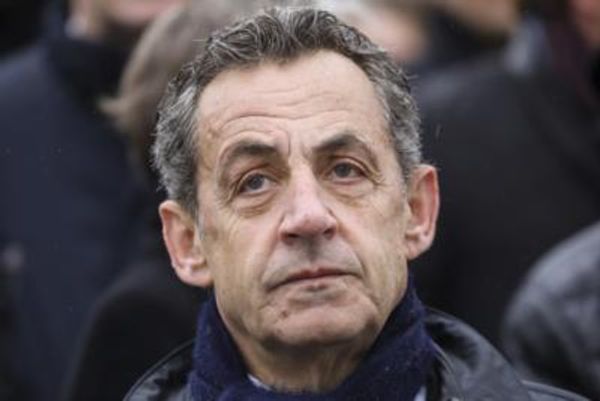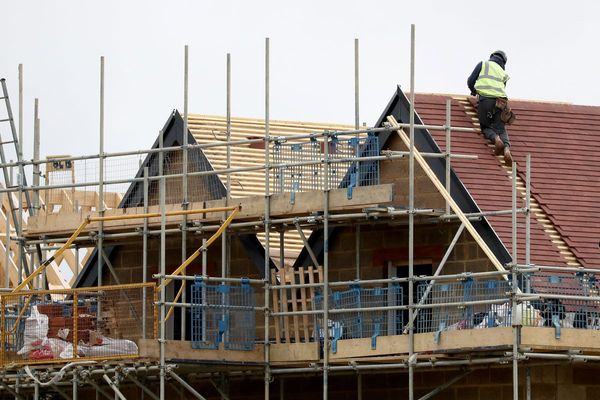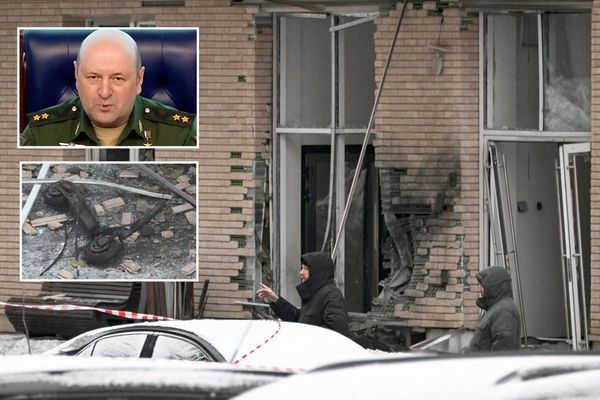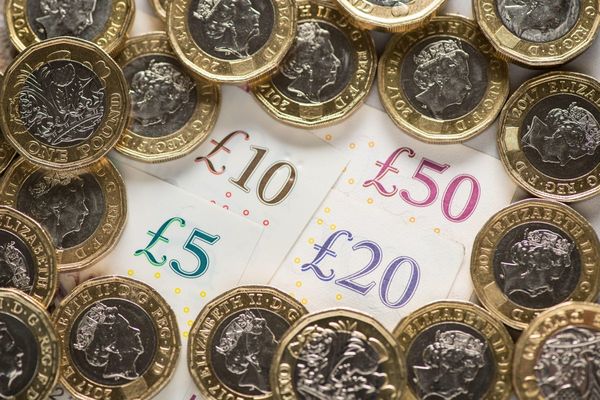
The Productivity Commission’s inquiry into philanthropy has heard that Australia is at the beginning of a “never-before-seen intergenerational wealth transfer”. By 2040, an estimated $2.6 trillion will be transferred to the next generation.
The past few decades have been such a downhill battle for the top quartile that the top 10% of households now hold 46% of the nation’s wealth.
Between 2016 and 2022 alone, wealth among the top 200 wealthiest people in Australia increased from an average of $1.05 billion to $2.77 billion, while hula hoop-sized loopholes enabled more than $370 billion to be housed in “tax haven” countries.
Despite the modifications that Anthony Albanese announced at today’s Press Club, the flag bearers of the “fair go” will be cheat-coded further into the slipstream as they are forced to bootstrap the lion’s share of $313 billion in stage three tax cuts.
These carefully concocted numbers are the bedrock of the “lucky country”. They tell many overlapping stories, including those of wealth, deceit and supreme selfishness. None of these stories can be told in isolation. They can only be told together.
Despite being one of the wealthiest nations in the world, Australia’s annual giving — at 0.81% of GDP — is dwarfed by the US (2.1) and NZ (1.84), and is lagging the UK (0.96).
Of the more than 20,800 ultra-high net worth people (which is a mild use of the English language and not my own), there are only approximately 2,000 private ancillary funds.
Put simply, Peter keeps getting robbed and Paul’s still not getting paid.
For Aboriginal and Torres Strait Islander peoples, this warped reality of “too much is never enough” — and the comfort in which it is lived — is particularly galling.
These stockpiles have been acquired and compounded via the dispossession and exploitation of First Nations peoples’ lands, waters and lifeways — a precedent that is set to be supercharged, not remedied, by the not-so-green transition to renewable energy and electrification.
We also continue to shoulder the weight of what is now colloquially known as climate change — something that we have for generations been observing, mourning and trying to prevent.
In relationship with other Indigenous peoples, we safeguard half of the world’s land and are custodians of 80% of the world’s biodiversity. We are responsible for protecting the world’s last intact savannahs, greenfields and biospheres. As the founders of sustainability, land under our tenure is better maintained, with a higher preserved biodiversity than on non-Indigenous lands.
Yet, while the health of the living lands, waters and skies are inextricably linked with the health and prosperity of the Indigenous nations that were born out of them, we collectively receive less than 1% of climate funding. Despite bearing the least amount of responsibility, the depth of existing inequalities renders us disproportionately susceptible to the climate crises’ adverse effects, and — like clockwork — this subsequently results in greater inequality, displacement and devastation.
But beyond this, what puts this never-before-seen transference of intergenerational wealth and exasperating climate crisis into a sharper perspective is that this was the backdrop for the referendum.
As the seas rose, fires and floods raged, and the $2.6 trillion in wealth and assets began being divided down family lines, backers of the Voice to Parliament pledged that “supporting it is the least we can do” as its opponents — the overwhelming majority — decisively deemed it “too much”.
After spending the best part of two years mercilessly dragging every aspect of our existence over the coals, the wider population — who were mythologised as “decent” and “generous” — put their voting differences aside after casting their ballots and collectively moved on.
One would be forgiven for forgetting the referendum ever took place, as it is now a distant memory; a figment of another time.
Whether we like it or not, our lives are irreversibly and inextricably linked. The material freedom that much of this country is held captive by is directly tied to our old people dying before they can even access the pittance of their superannuation.
And that’s why now is the time, in the wake of a failed referendum and intensifying climate crisis, that the unprecedented intergenerational wealth transfer be used to redistribute wealth, assets and land back to First Nations communities so we can restore, repair and reimagine.
According to the Paul Ramsay Foundation, just 0.5% of philanthropic giving is directed to Aboriginal-controlled organisations.
But this piece isn’t about setting the stage to advocate for more charity. No, this is about justice. What is right, rational and required. The bare minimum.
It’s about reigniting the language and laughter that have lit up these lands for millennia and confronting the existential challenges that test us all.
It’s about calling each of you in and casting a vision that enables us to establish new dynamics that can, with time, dissolve the predatory models, scarcity mindsets and incredible capacity for apathy that is synonymous with this place.
Importantly, it’s about solidifying that our inherent rights — which include the right to self-determination and economic independence — are your civic responsibility, not just the responsibility of the state.
The best time to begin paying the rent was yesterday. The next best time is now.







